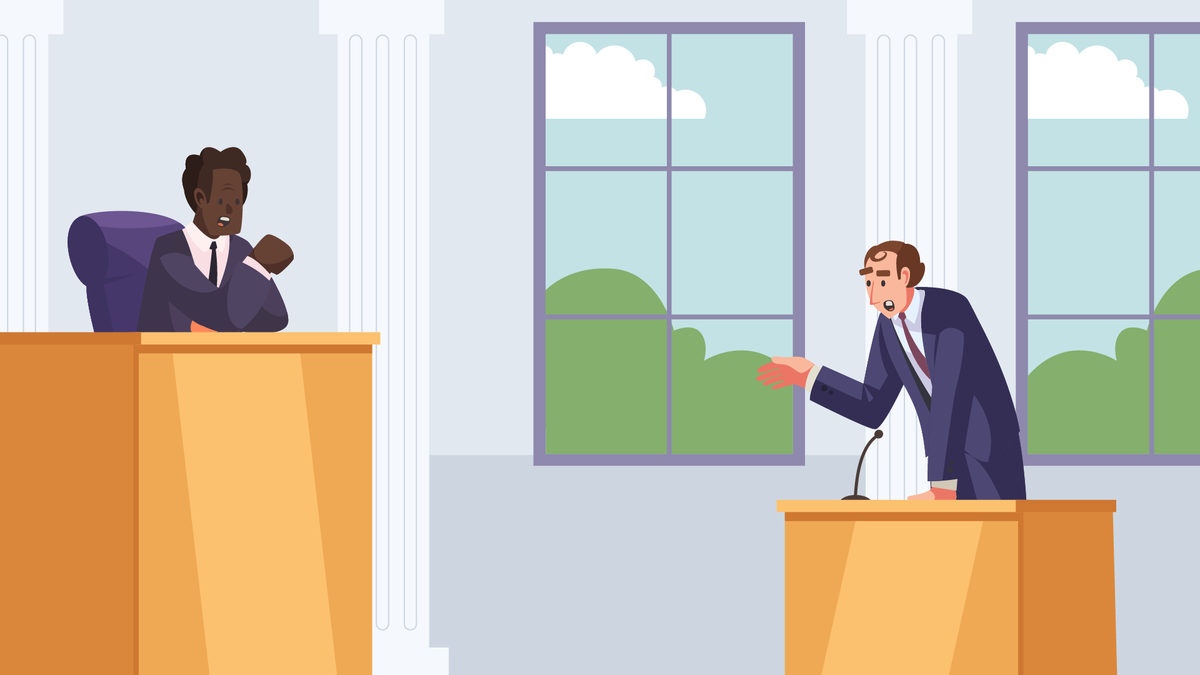
What You Need To Know About Marketing Agency Insurance
·
10 minute read
If you’ve ever watched an episode of Mad Men, you’ve glimpsed the world of marketing and advertising—print was in its heyday and agency jobs were new and glamorous in the 1960s. Then came the internet and the digital transformation: the shift from print and radio to the internet. Today, many marketing agencies focus exclusively on digital, with the number of digital agencies in the U.S. and Canada growing 54 percent between 2018 and 2023.
Whether they specialize in a single aspect of marketing or do it all, marketing agencies all have one goal: help businesses reach their target audiences and make the sale. They write content, design ads and other assets, and manage campaigns through a variety of channels. And they all need marketing agency insurance.
What is marketing agency insurance?
Insurance for marketing agencies typically consists of a group of policies designed to safeguard a business against accidents, potential client disputes, and other risks common in the industry. While the types and amounts of coverage you’ll need vary based on your business size, location, and more, insurance helps protect your hard-earned income from unforeseen circumstances.
Get Your Best Options On Marketing Agency Insurance
Simple & easy online quoting from multiple insurance carriers.
Who needs marketing agency insurance?
Every marketing agency should have some sort of insurance, whether you’re a single person freelancing or a global firm employing thousands. That’s because marketing agencies often handle sensitive client information and work on public campaigns, so mistakes or misjudgments can lead to significant financial and reputational damage. The industry can be volatile, too, with constant changes in technology and market dynamics, and digital marketing agency insurance is especially important in this economic climate.

Why Marketing Agencies Need Insurance
The unpredictable nature of marketing isn’t the only reason to get insurance. From protecting your reputation to following the law, marketing agency insurance is just good business.
Protection Against Unexpected Financial Loss
The clearest benefit of insurance is to protect your finances. Marketing agencies often handle many different projects, each with its own set of risks. From accidental copyright infringement to dissatisfied clients, insurance can help shield your agency against the financial fallout.
Contractual Requirements
Clients often have insurance requirements your agency will need to meet before you can work with them; for example, you might be required to carry a certain amount of liability insurance. Usually, the larger the client, the more rigorous the insurance requirements. When you have the right insurance, your business also looks more professional – leading to a better reputation and more referrals.
Legal Compliance
Depending on your state or area, you might legally have to carry certain coverages. Nearly every state requires you to have workers compensation insurance if you have even one employee, and you might need to carry commercial auto insurance if you have business-owned vehicles.
Types Of Insurance For Marketing Agencies
Today, insurance for digital marketing agencies and traditional agencies will have many of the same components. Here are the most common types:
Professional Liability Insurance
Professional liability insurance, also called errors and omissions insurance (E&O), is a must-have for any business that provides services or consulting that could result in financial loss. It covers your business if you’re sued for mistakes or negligence in your professional services. For example, if an ad campaign leads to unintended negative publicity that results in financial harm to the client, this insurance can help pay for settlements, judgements, and court costs. It also covers failure to deliver contracted services, missed marketing deadlines, defamation, and other advertising injuries.
General Liability Insurance
Commercial general liability (CGL) covers potential injuries that occur at your office, like slip and falls, or damage you do to third-party property during meetings or events. If you have an office, CGL also covers your premises liability. This is the most basic and essential type of insurance for a marketing agency, and you can bundle it with your commercial property insurance for savings in a business owner’s policy (BOP).
Cyber Liability Insurance
Many marketing agencies handle vast amounts of digital data, sensitive survey results, or new product releases, making them a top target for cyber crime. Cyber liability insurance helps protect your business against data breaches and cyberattacks. If you’re hacked, it will pay for things like the expenses involved in notifying customers, the cost of an investigation into the breach, paying for fraud monitoring, and going to court.
Media Liability Insurance
Media liability insurance, also called personal and advertising injury coverage, is very important for marketing agencies. It covers claims arising from alleged defamation, invasion of privacy, copyright infringement, and other related offenses that result from the content you create or distribute. This coverage is often found on your professional liability policy, but not always, so be sure to confirm if you need to purchase it separately.
Commercial Auto Insurance
If you have vehicles in your business’s name, they need to be covered by commercial auto insurance, which covers property damage and medical costs if one of your employees gets in an accident. Keep in mind you only need this if your business owns the vehicle – you don’t need it if your employees use personal vehicles, for example to commute to work.
Workers Compensation Insurance
Most states require digital marketing agencies or other businesses that have employees to have workers compensation insurance. But even if you’re a sole proprietor, it can still help protect you from work injury costs that health insurance might deny. It covers medical expenses, including rehabilitation costs, lost wages, disability benefits, and the costs of lawsuits.
Examples Of Marketing Agency Insurance Claims
You may think that marketing agencies, which often conduct their business online and are sometimes even completely remote, don’t have much liability to worry about. But we see several common claims under both traditional and digital marketing agency insurance policies.
- Intellectual Property Disputes: If you inadvertently use copyrighted content or create a design that’s similar to something copyrighted, you could face legal action. That’s where media liability insurance would come into play.
- Client Dissatisfaction: If a client is unhappy with the results of a campaign, they might sue for damages. Your professional liability insurance would handle these claims.
- Data Breaches: If your database is hacked and confidential client information gets leaked, cyber liability insurance would cover the associated costs, including damages and court costs.
- Agency Vehicle Incidents: If one of your employees gets in an accident while they’re making a run to pick up lunch for a meeting in a business-owned vehicle, your commercial auto policy would cover the damages.

Our Tips For Purchasing Marketing Agency Insurance
Because marketing agencies vary so much in their services, it can be hard to find the right policy. While insurance isn’t one-size-fits-all, there are a few things all agencies should keep in mind.
Ask about bundling professional liability with general liability
Sometimes you can bundle your professional liability and general liability policies, which makes the renewal process smooth and can help save you money. It isn’t right for everyone – sometimes you’ll need a more specialized and customized policy, depending on the size of your agency and what you do. But it’s worth talking to an insurance expert to help you weigh your options.
Make sure to include media liability
While it’s sometimes included, a quote for general liability and professional liability doesn’t necessarily mean media liability is on the policy. And beware insurance exclusions: The built-in media liability on a general liability policy excludes those in the marketing and advertising business, so it would provide you no coverage. Figure out where this coverage is on your quote before proceeding.
Large clients can mean you need large limits
Large clients want to know they’ll be covered by marketing agency insurance if you make a mistake that financially harms them, and the larger the client, the larger the amount they often request. We’ve seen them request limits up to $10 million, and we even have some clients with media liability policies with $25 million limits. Ask your insurance provider if they can get you higher limits if a client requests them.
Ready To Get Started On A Quote?
Get a quote online and ask our experts any questions you have!
The Bottom Line
As the world of marketing continues to evolve, so do the risks associated with it. Insurance for marketing agencies can help you protect your finances and operate with confidence, delivering results instead of worrying about making a misstep. To make sure you’re covered and understand how to keep your policies updated, talk to an expert at LandesBlosch. We have decades of experience and can help you find the insurance that’s right for your business.
About The Author: Austin Landes, CIC
Austin is an experienced Commercial Risk Advisor specializing in and leading LandesBlosch's design professional, real estate, and construction teams.





